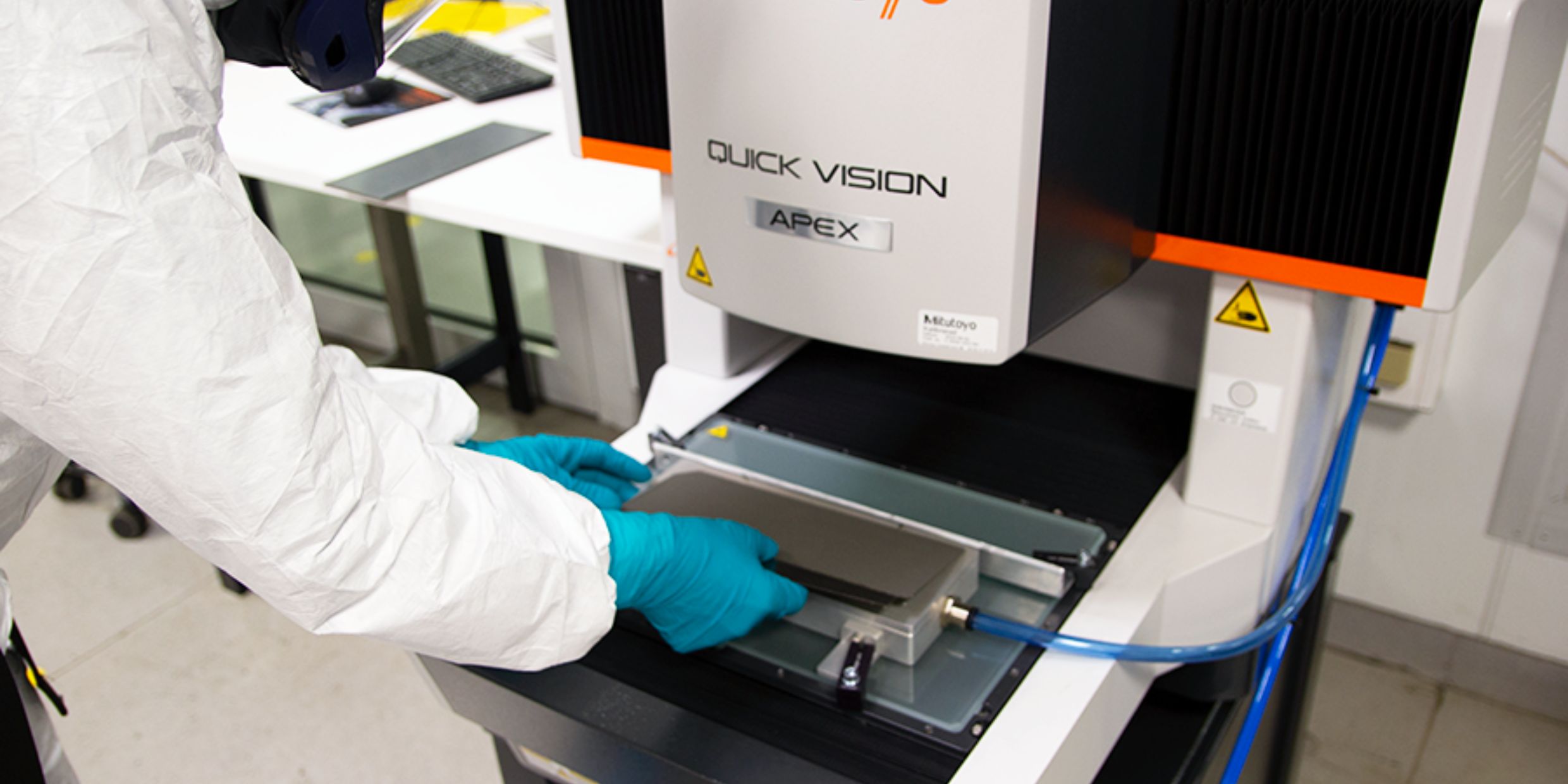Nilar’s latest innovations highlighted in Aktuell Produktion
Aktuell Produktion featured an interview with Petter Ekelund, Senior Process Development Engineer at Nilar, about the latest production innovations at our facility in Gävle. The innovations that have been integrated in the process contributes to increased precision in the highly automated electrode production.
Not only do we use a unique technology to refill batteries that have reached end of life, we are also one of the few in the world that makes bipolar batteries. A battery cell is usually rolled with a positive terminal at one end and a negative terminal at the other. The battery packs have built-in intelligence and can monitor the temperature and gas pressure as well as all voltages and currents.
The positive and negative electrodes in the battery create the electrochemical process. The incoming powder for the negative electrode and for the positive electrode is mixed and spread out on a cloth in a thin layer. They are then rolled under high pressure which compresses the powder and cloth into electrode sheets. The total thickness of the sheet after rolling is less than 1 mm. The electrode sheets are then punched into electrode plates in the chosen shape. Everything takes place on highly automated production lines.
The tolerances are crucial for the final battery to have the right performance. The deviation from the standard weight may be +/- 0.2 grams. The tolerance requirements on the thickness of the electrodes are also crucial, and this is where the investment in new measuring equipment comes into play. Every 40th electrode is sorted out for control measurement, with a tolerance of +/- 0.02 mm. If deviations are detected, the roller is adjusted.
The investment in a CNC-controlled vision measuring machine has resulted in very precise measurements with a high level of repeatability, says Petter. The electrode is placed on a vacuum plate and then an optical distance meter records the actual thickness.
The results of the weight check are also saved. This allows Nilar to have precise control of all the data in each module and ensure the exact amount of energy that provides traceability all the way.
“We see a big advantage of it, especially because all the measurement data is stored and transferred to a database, so we can follow the production and analyse how it is developing”, says Petter Ekelund.
